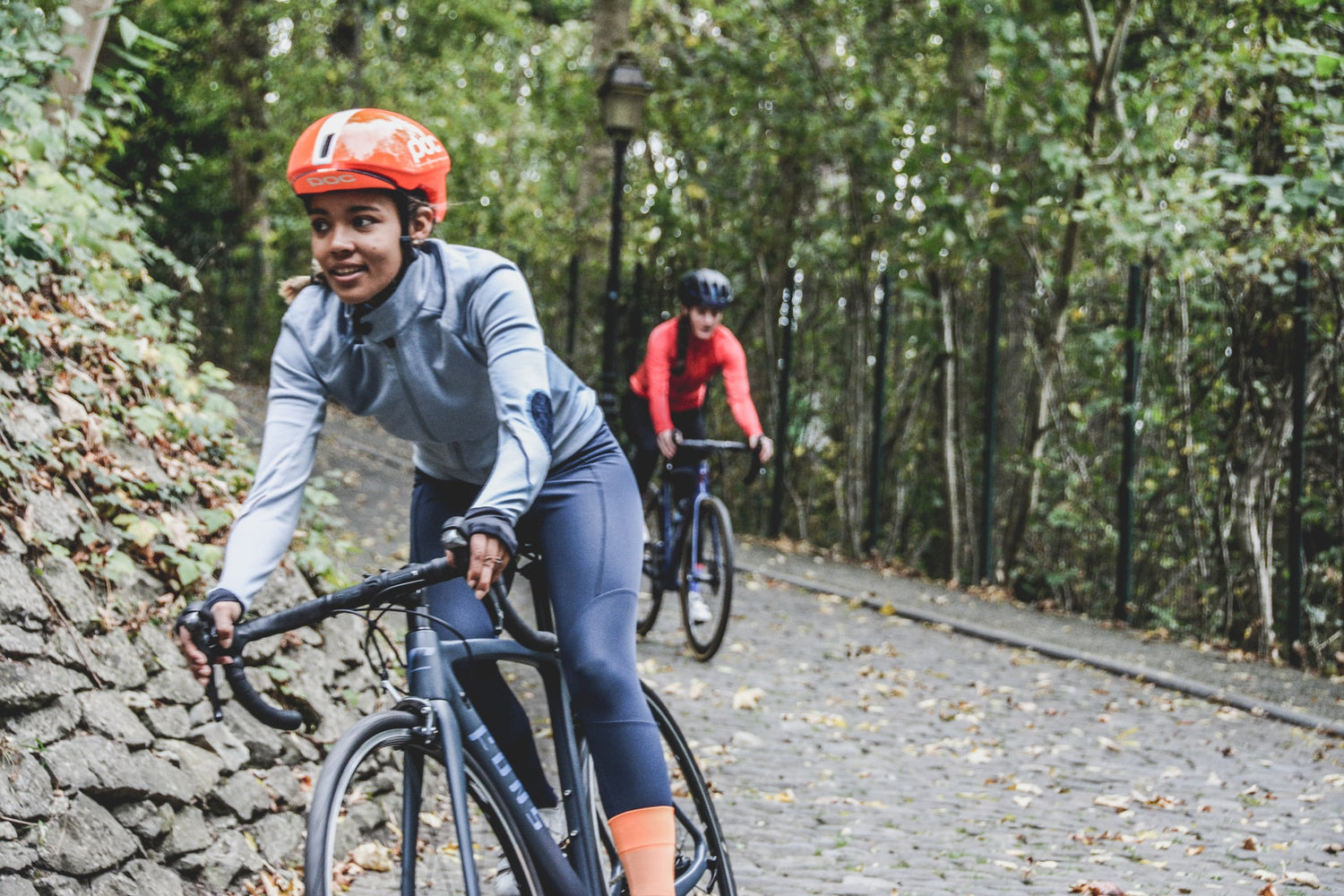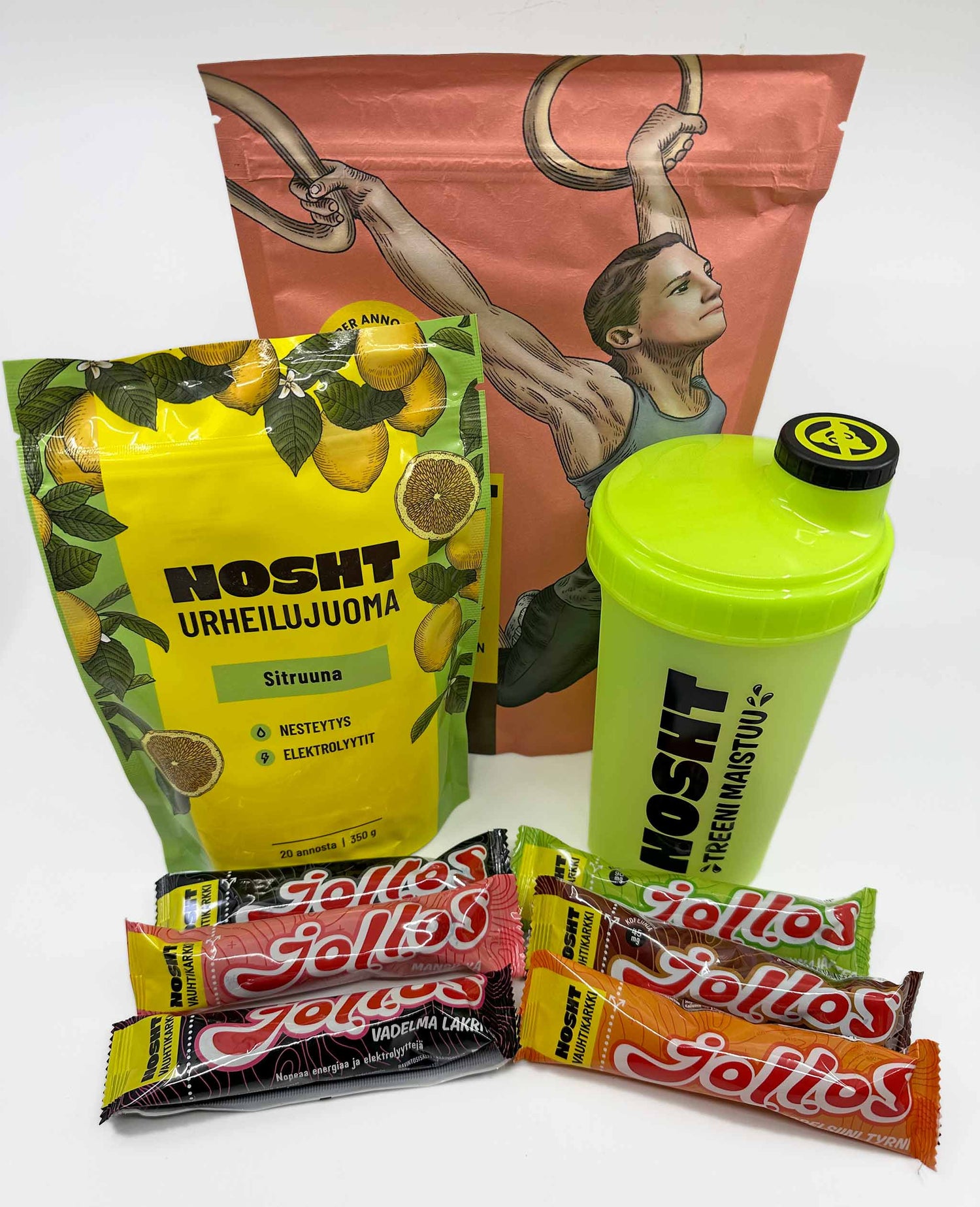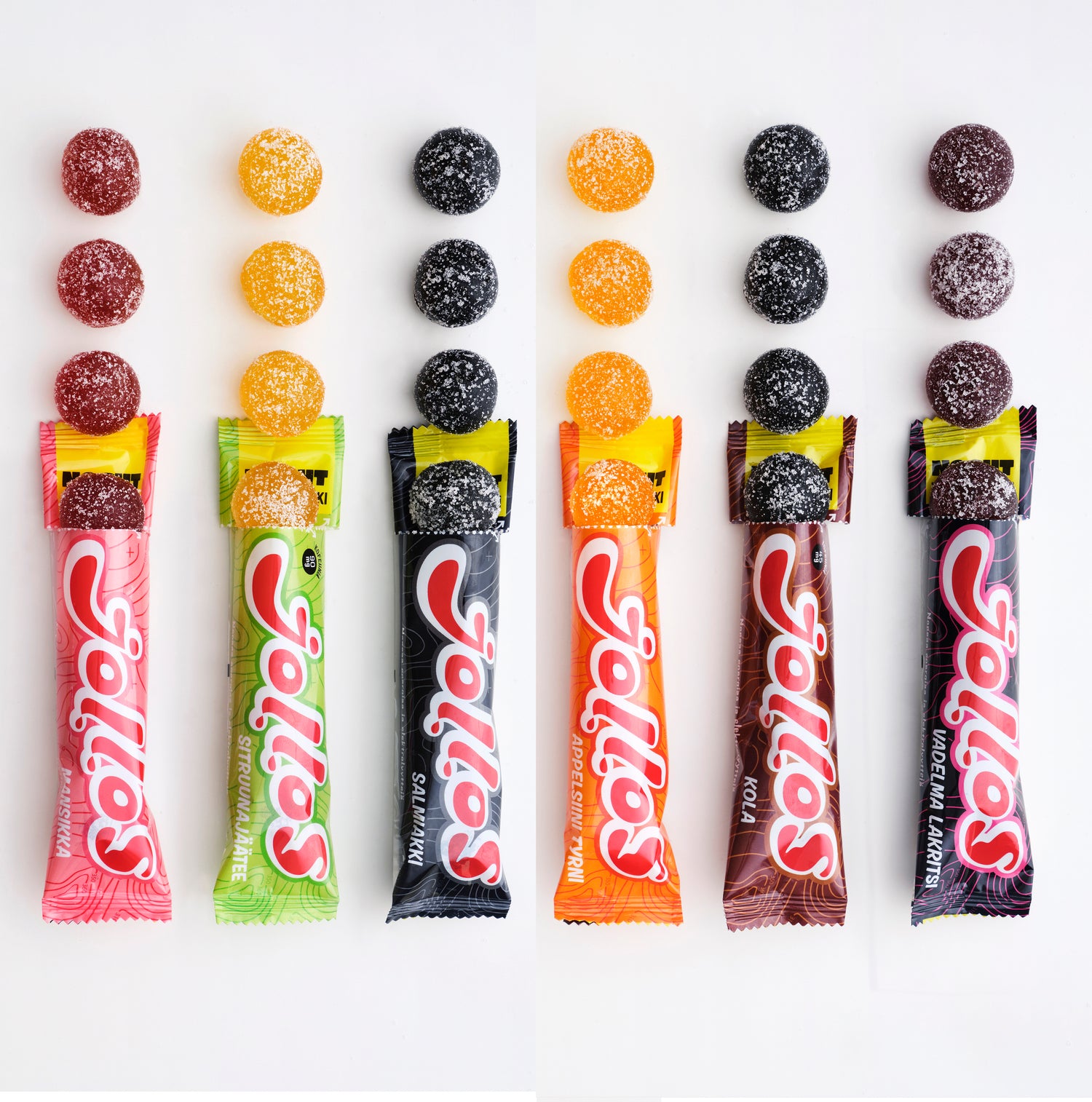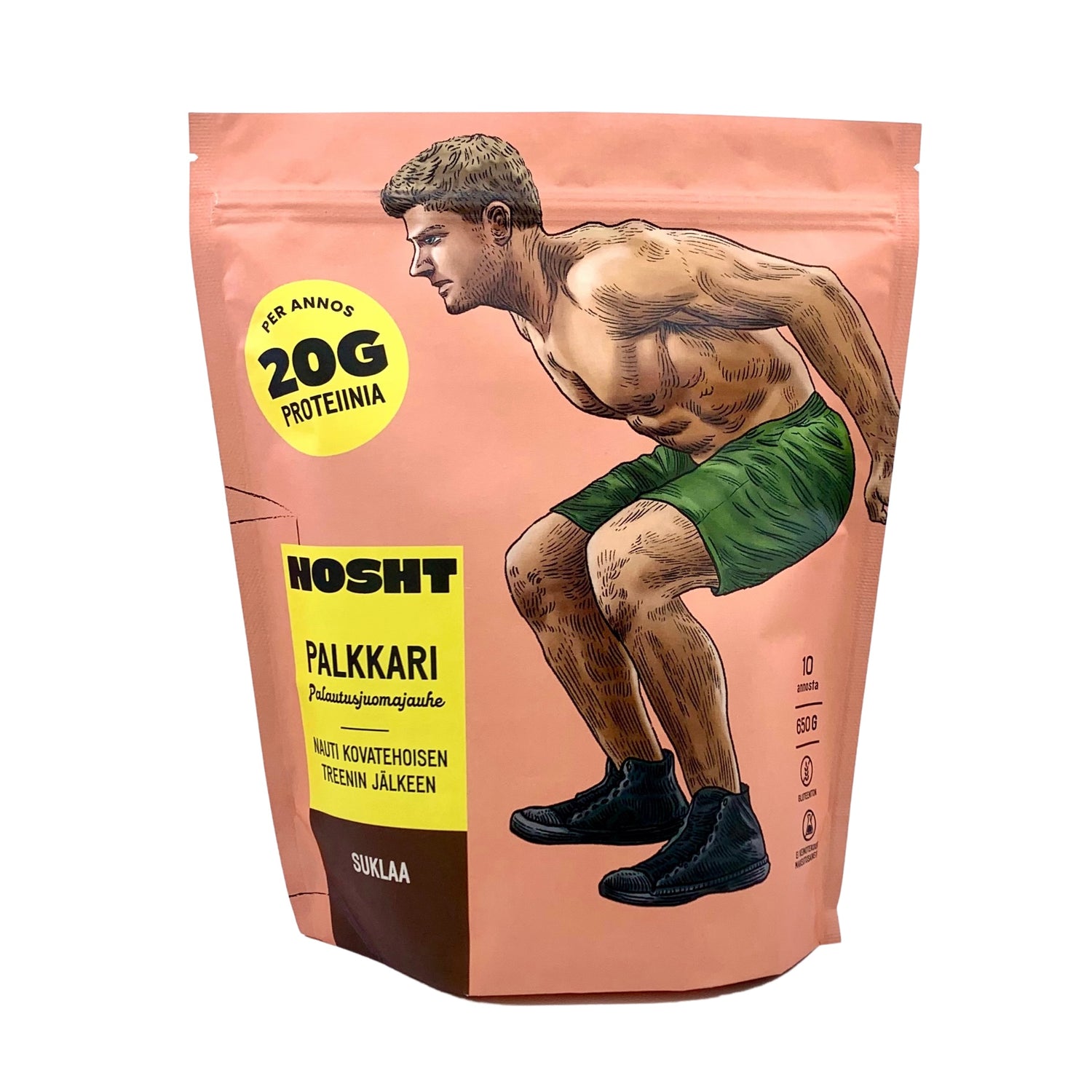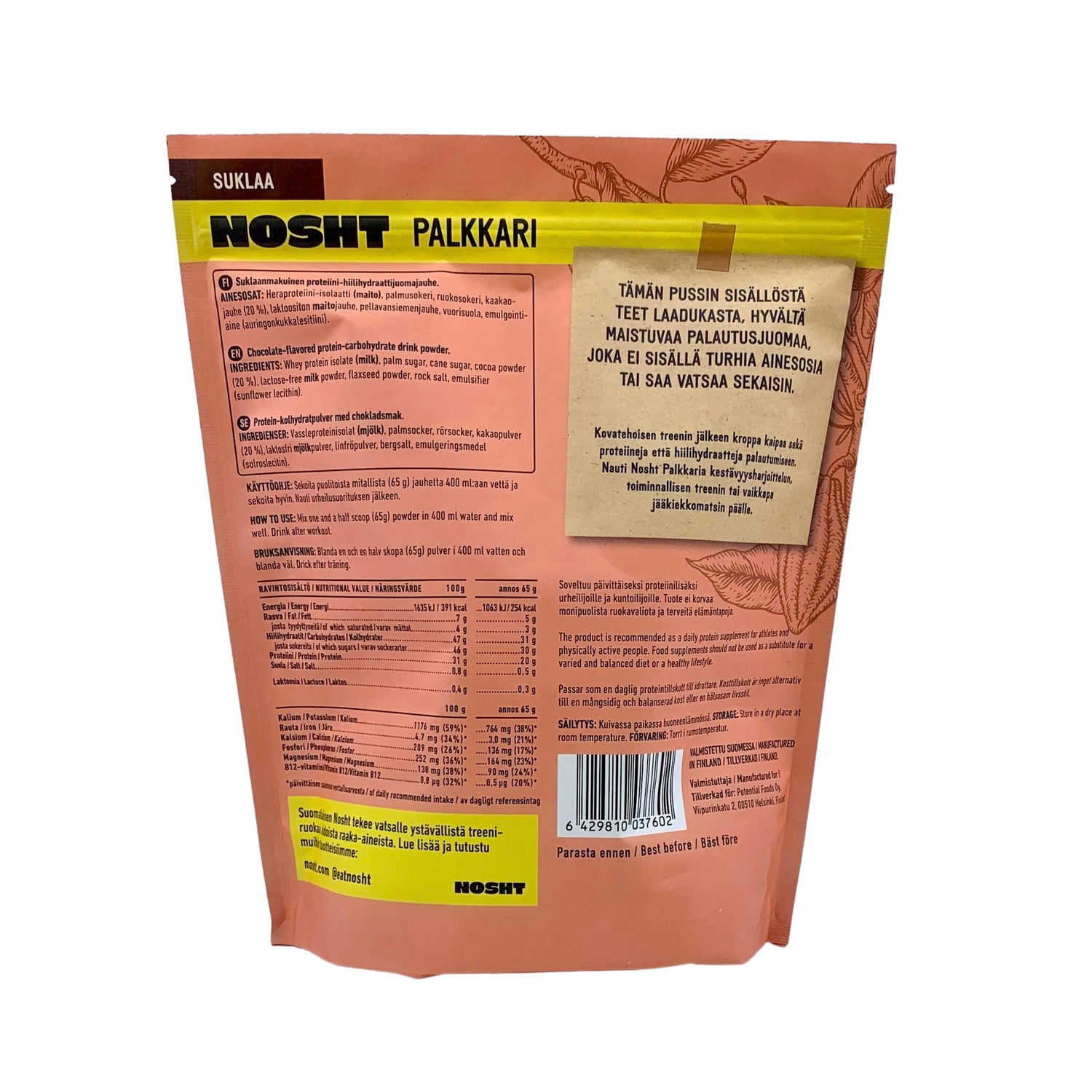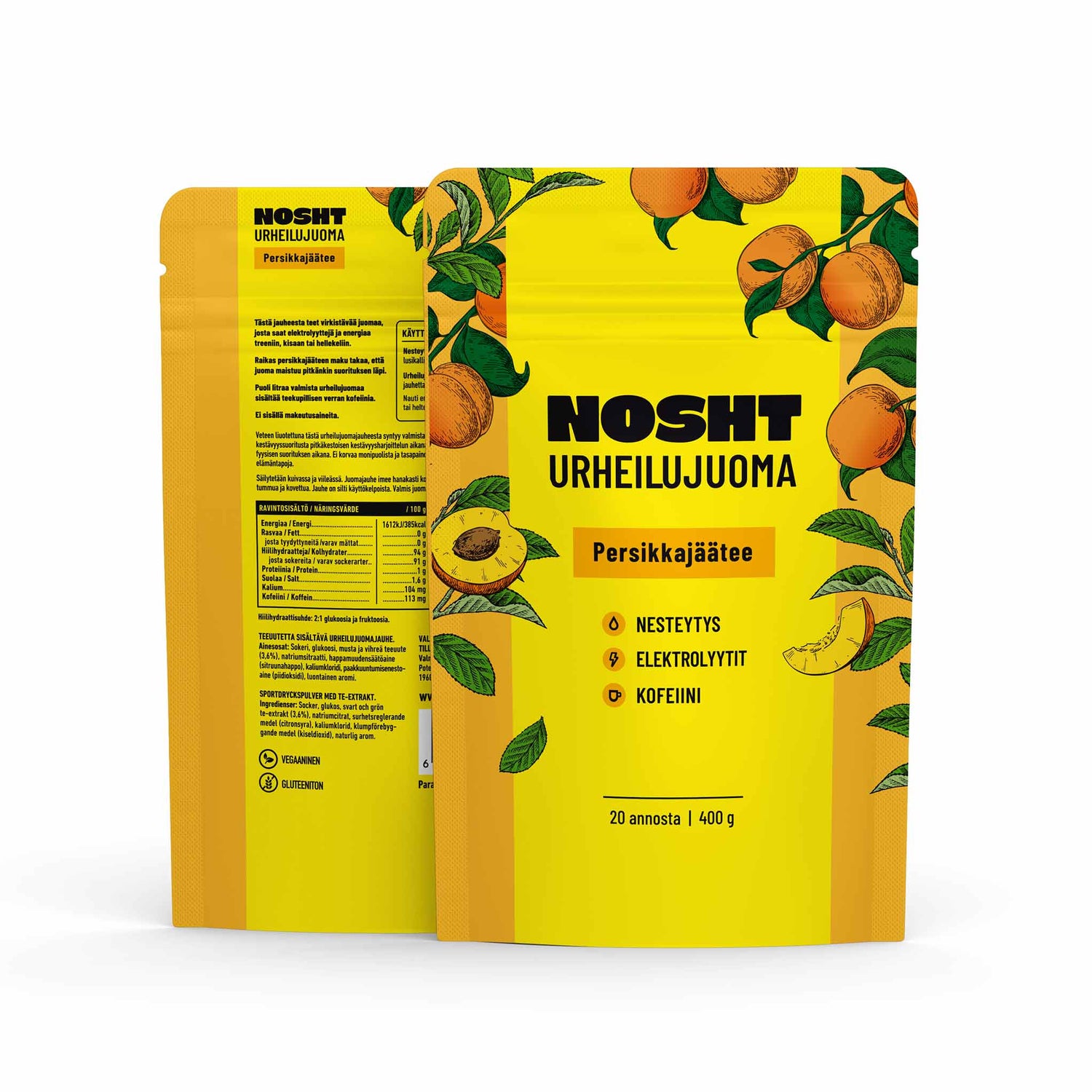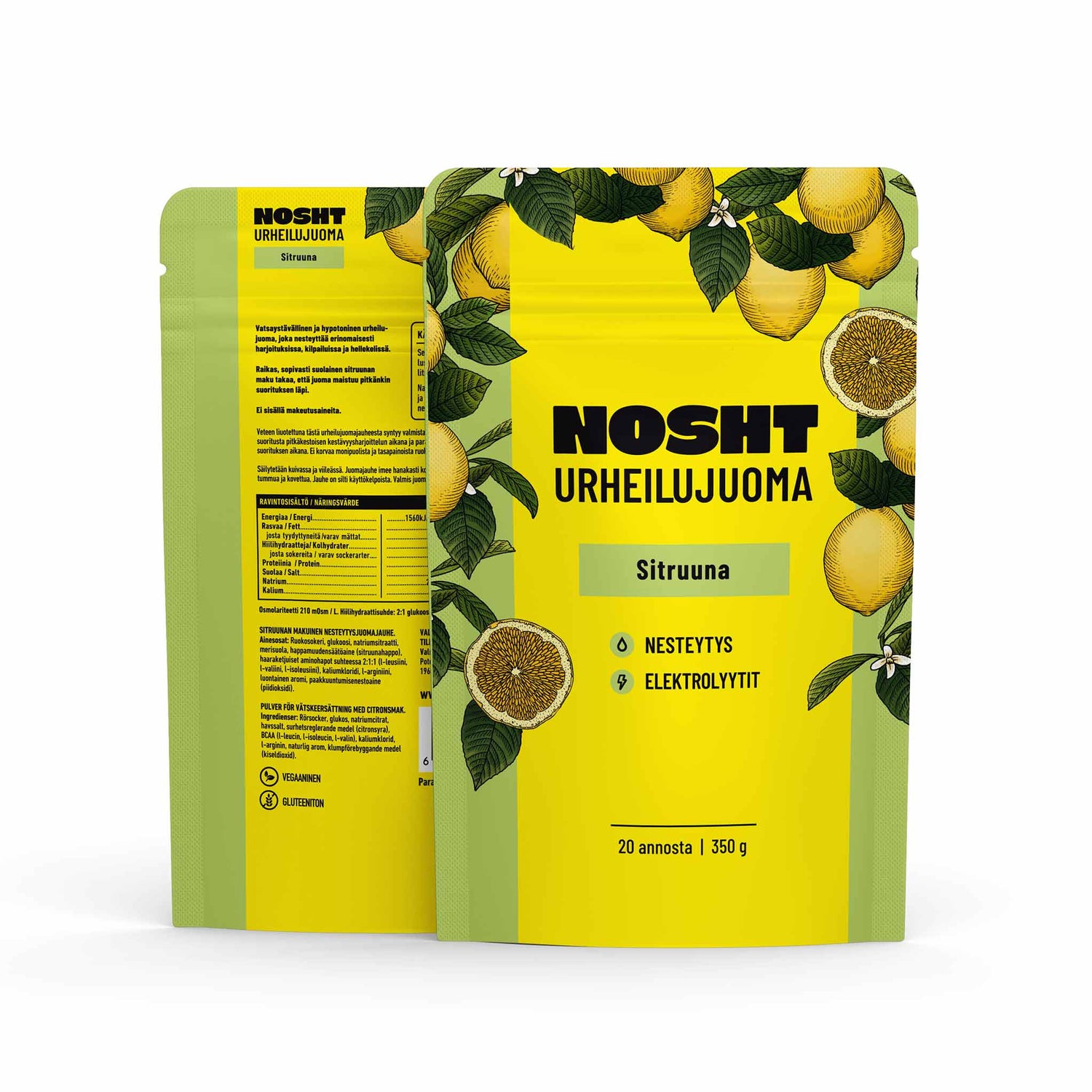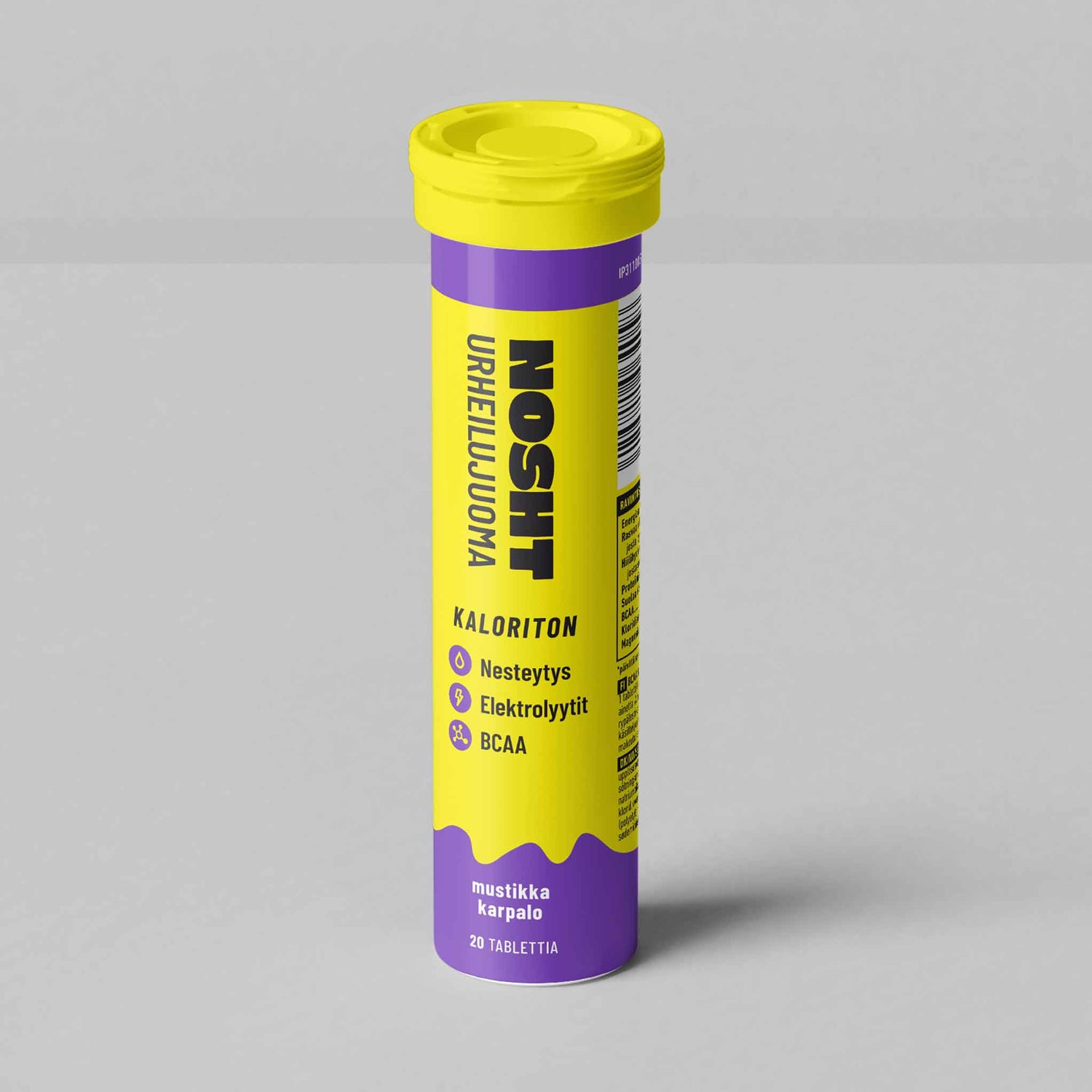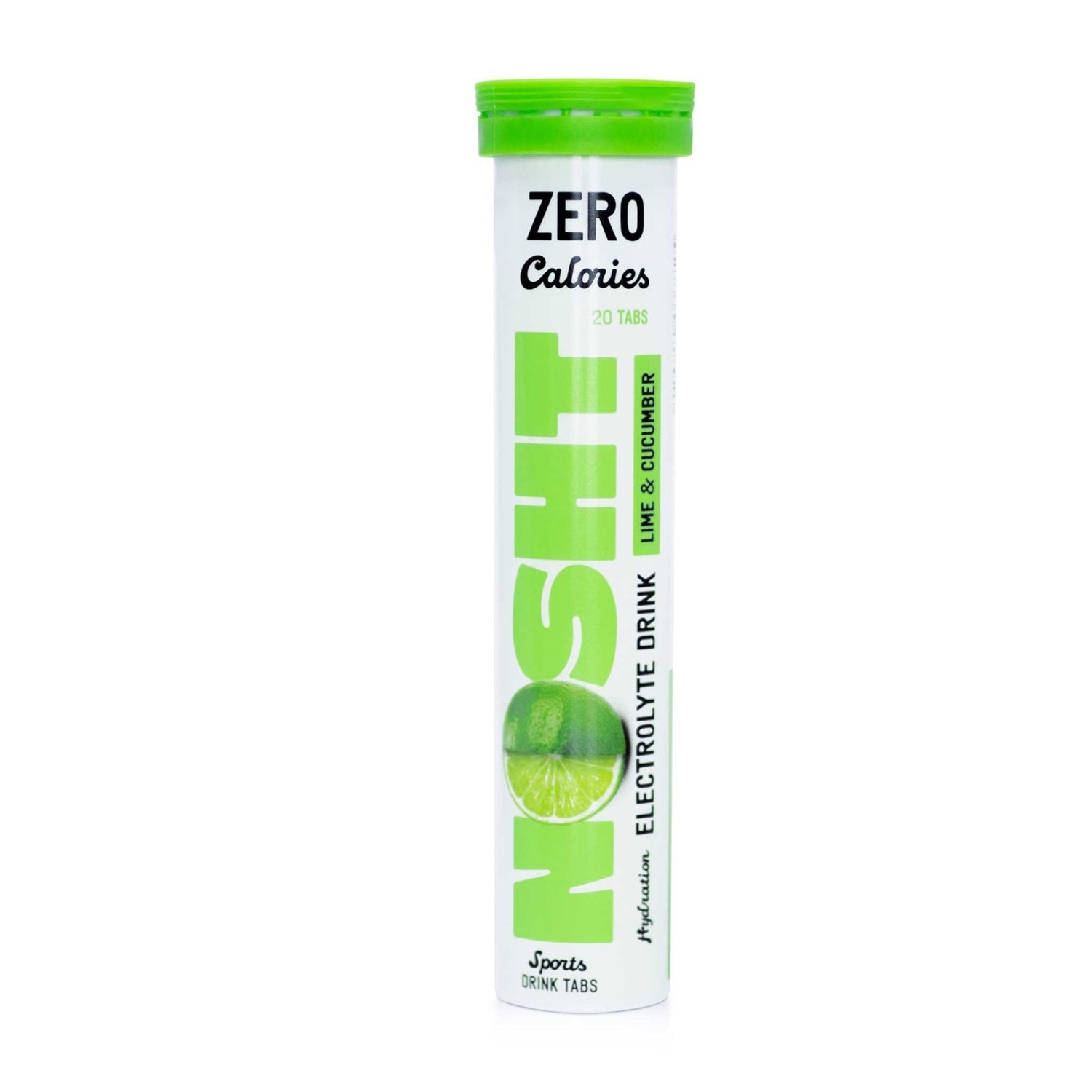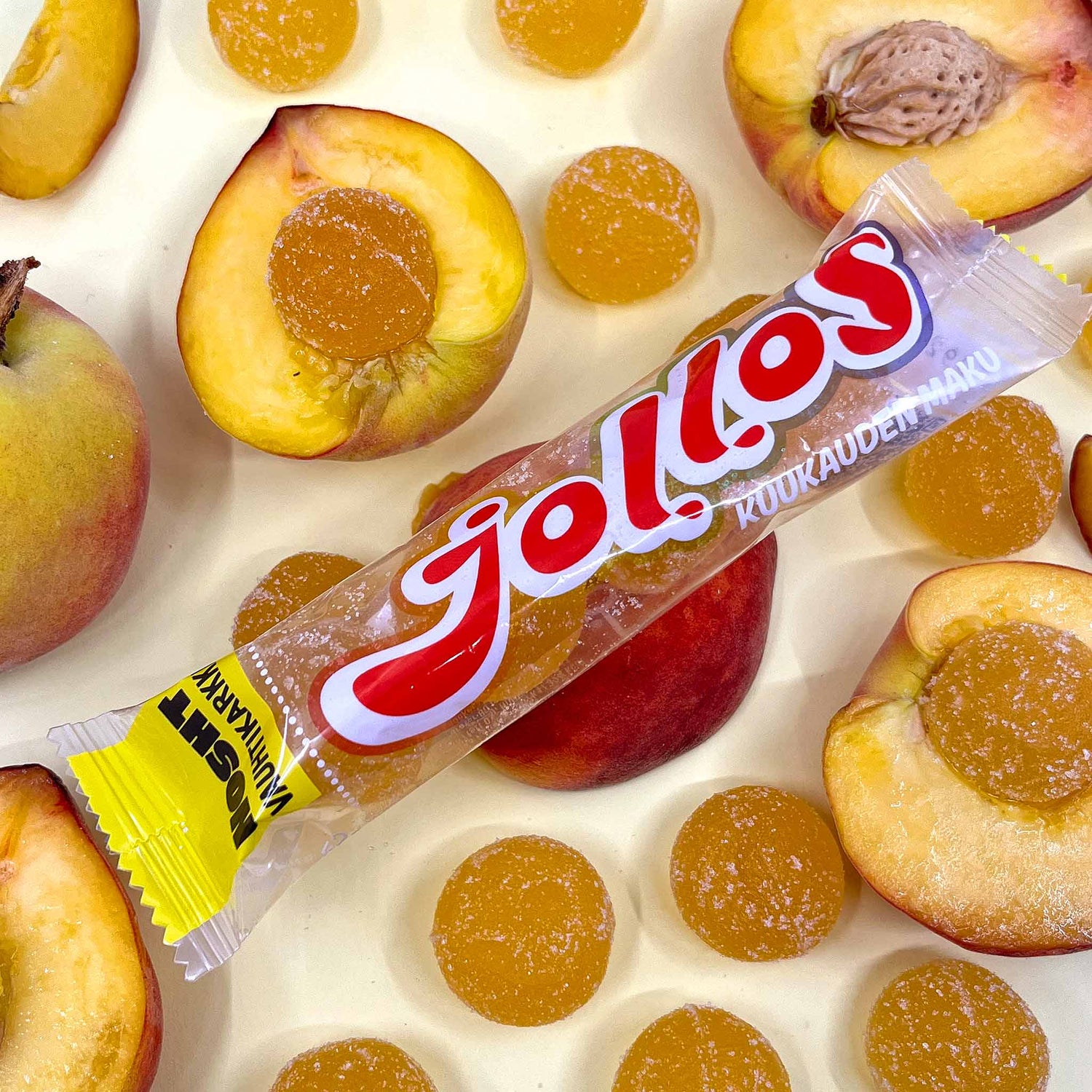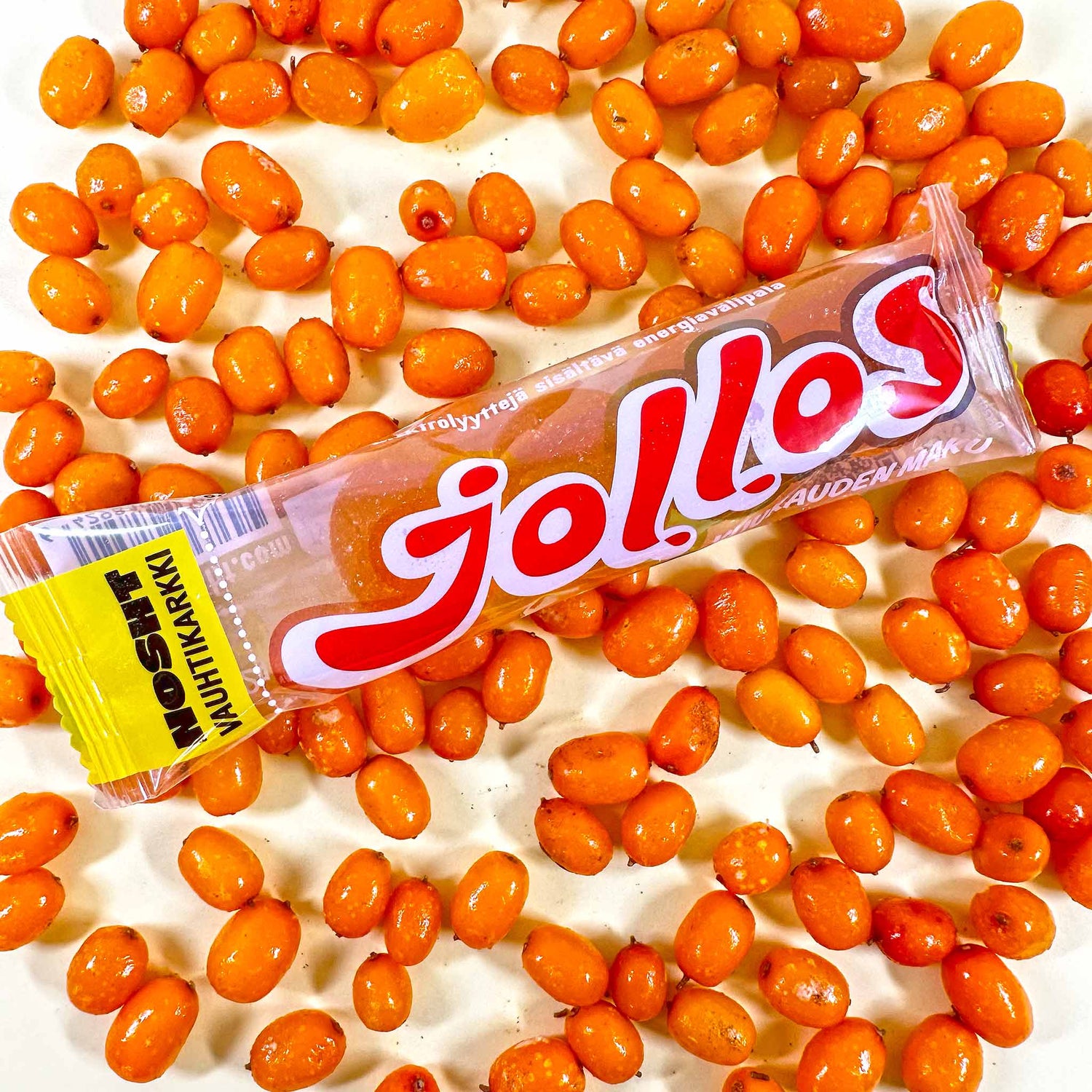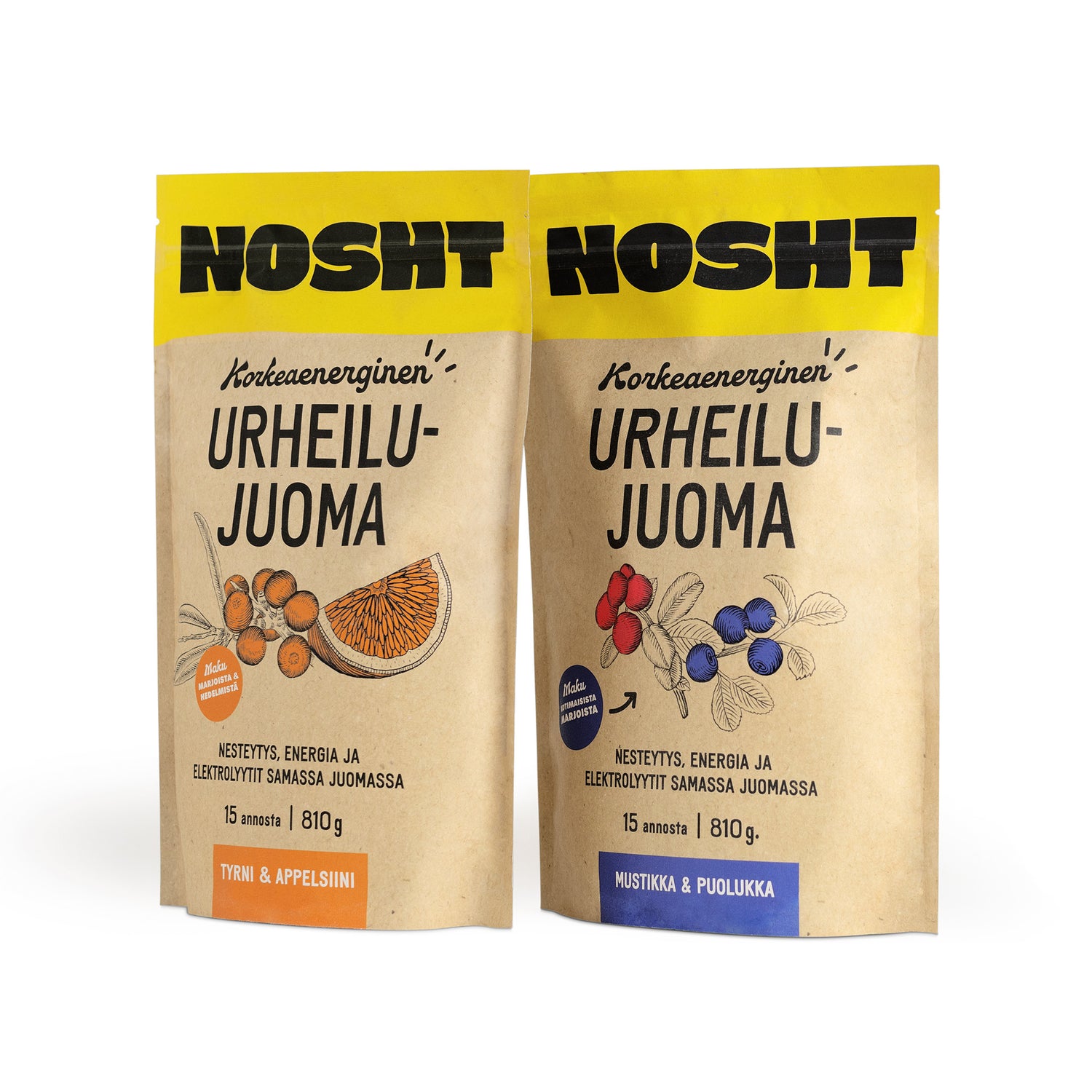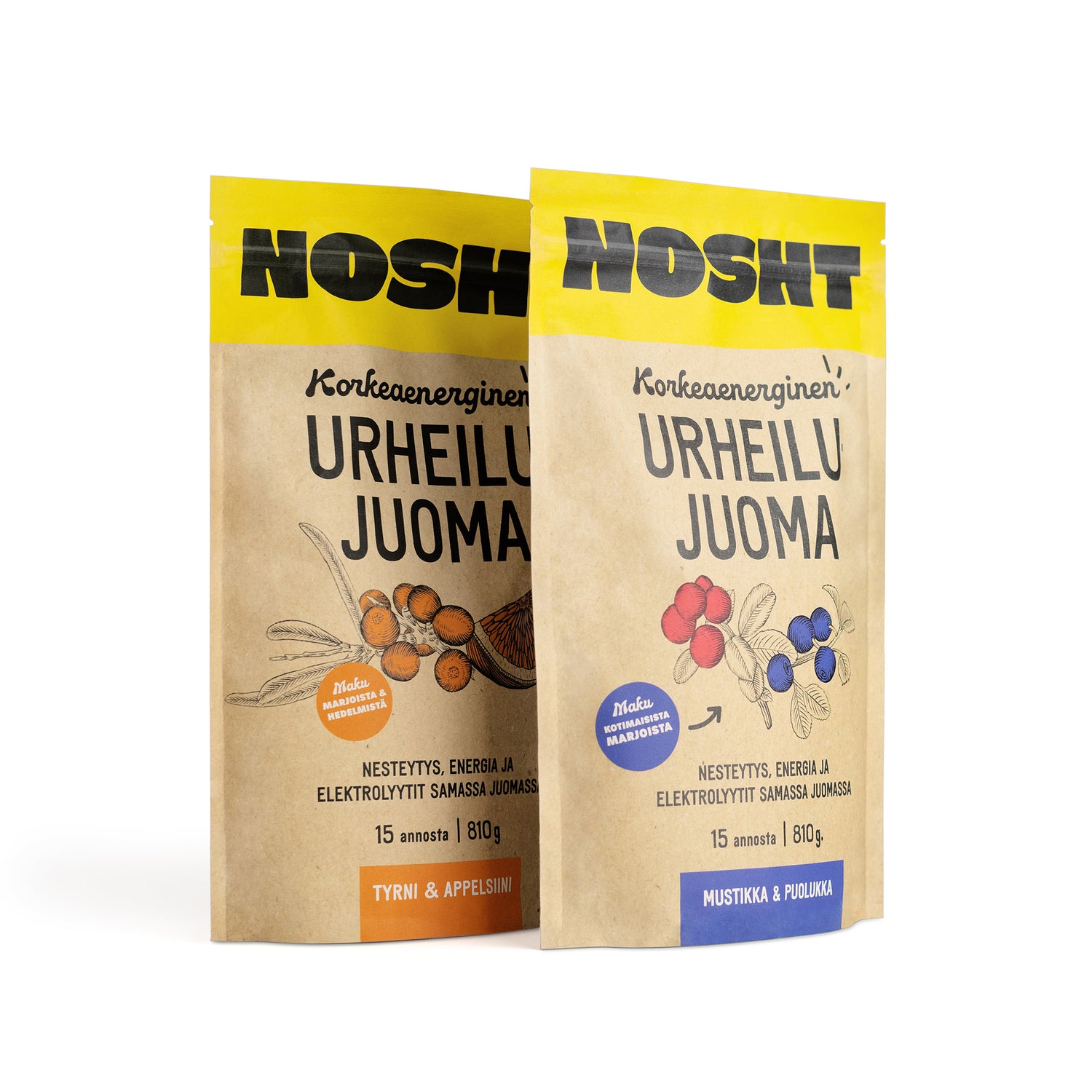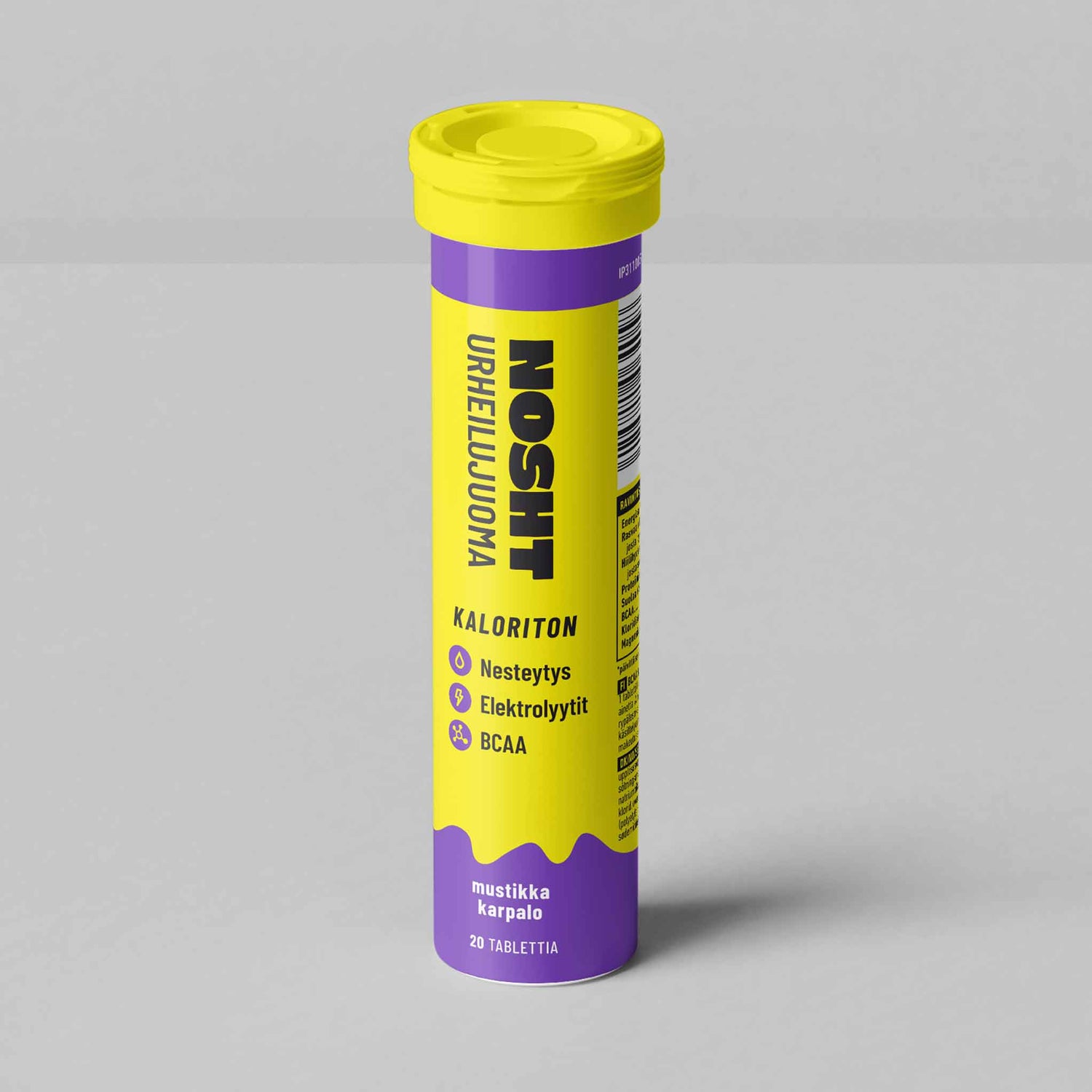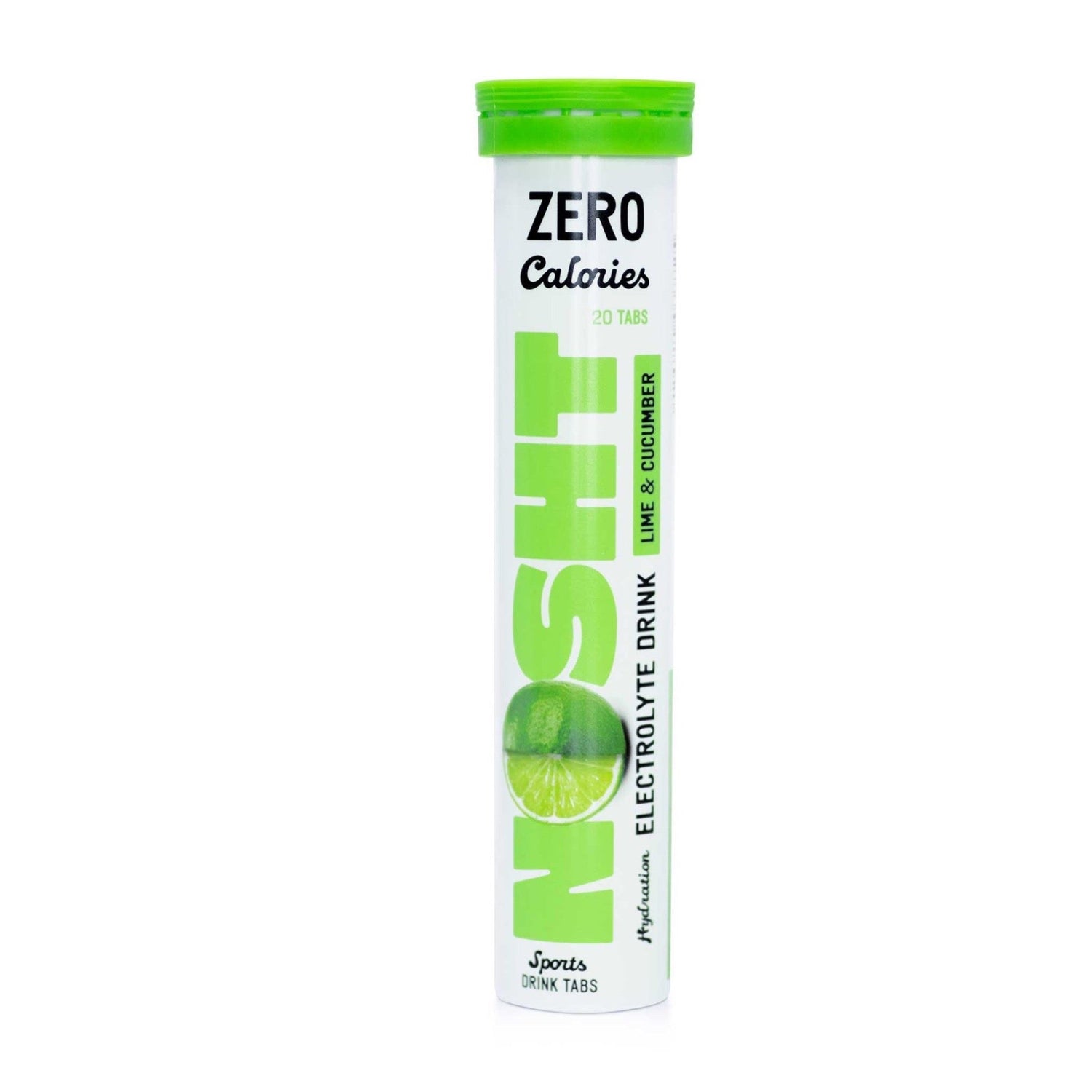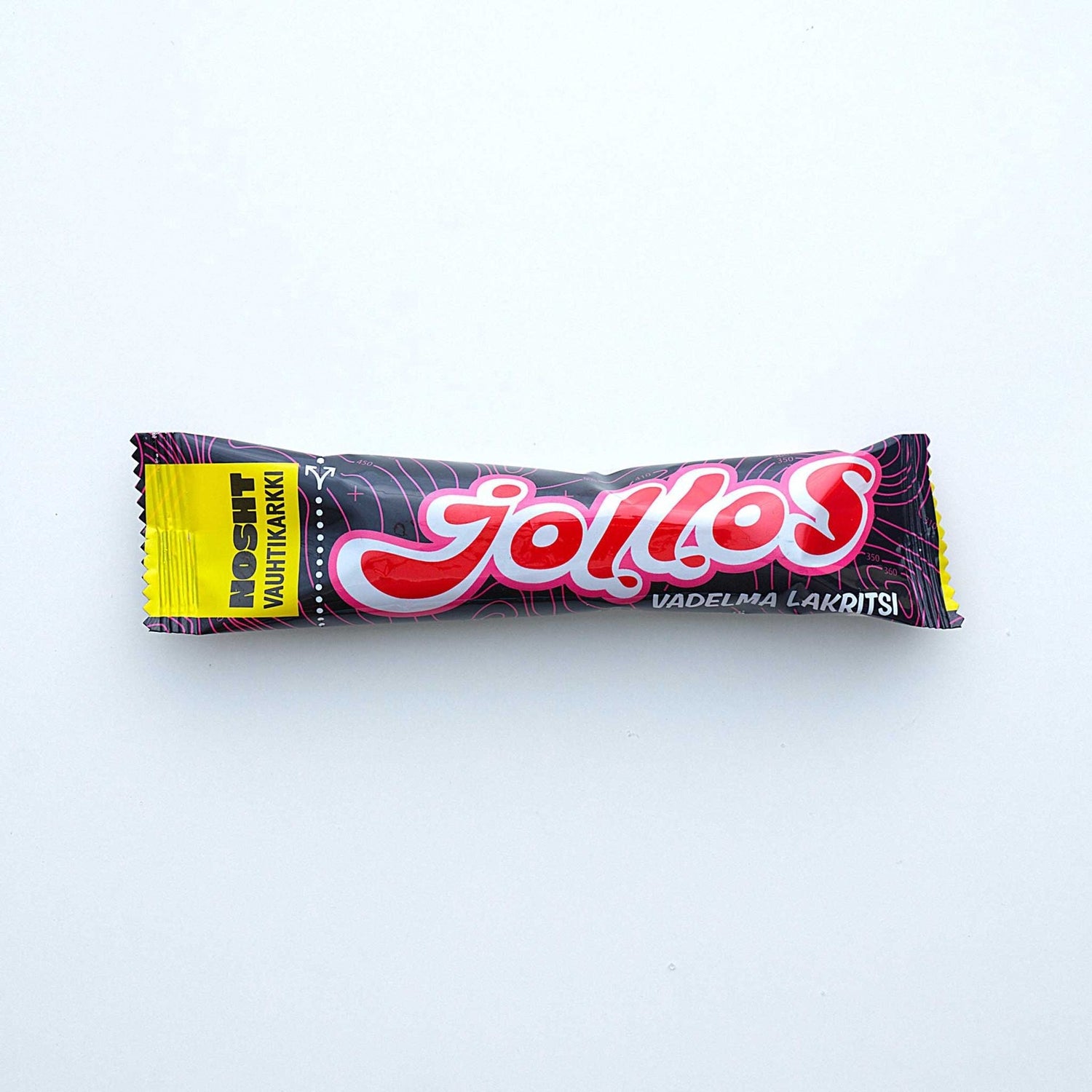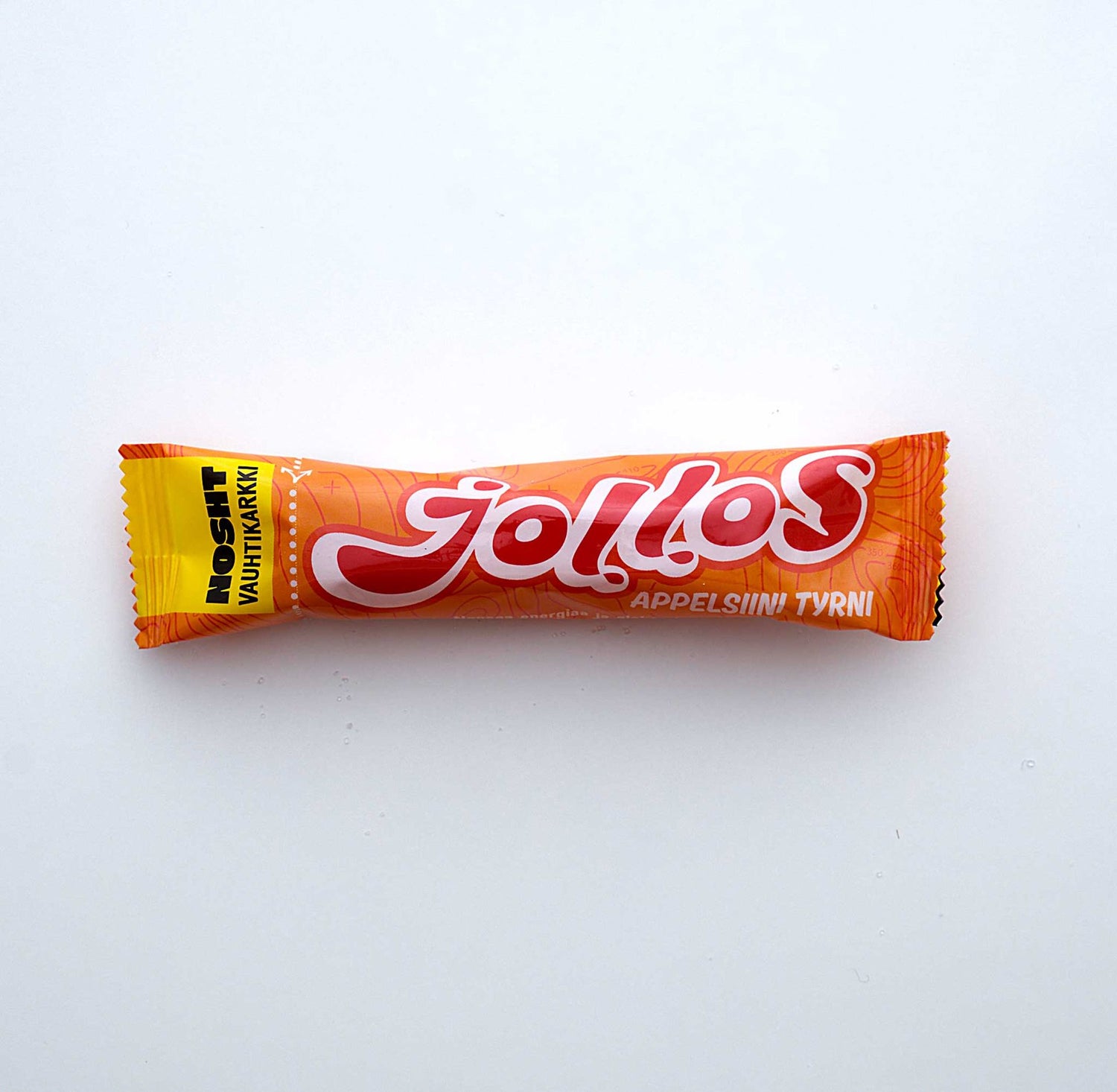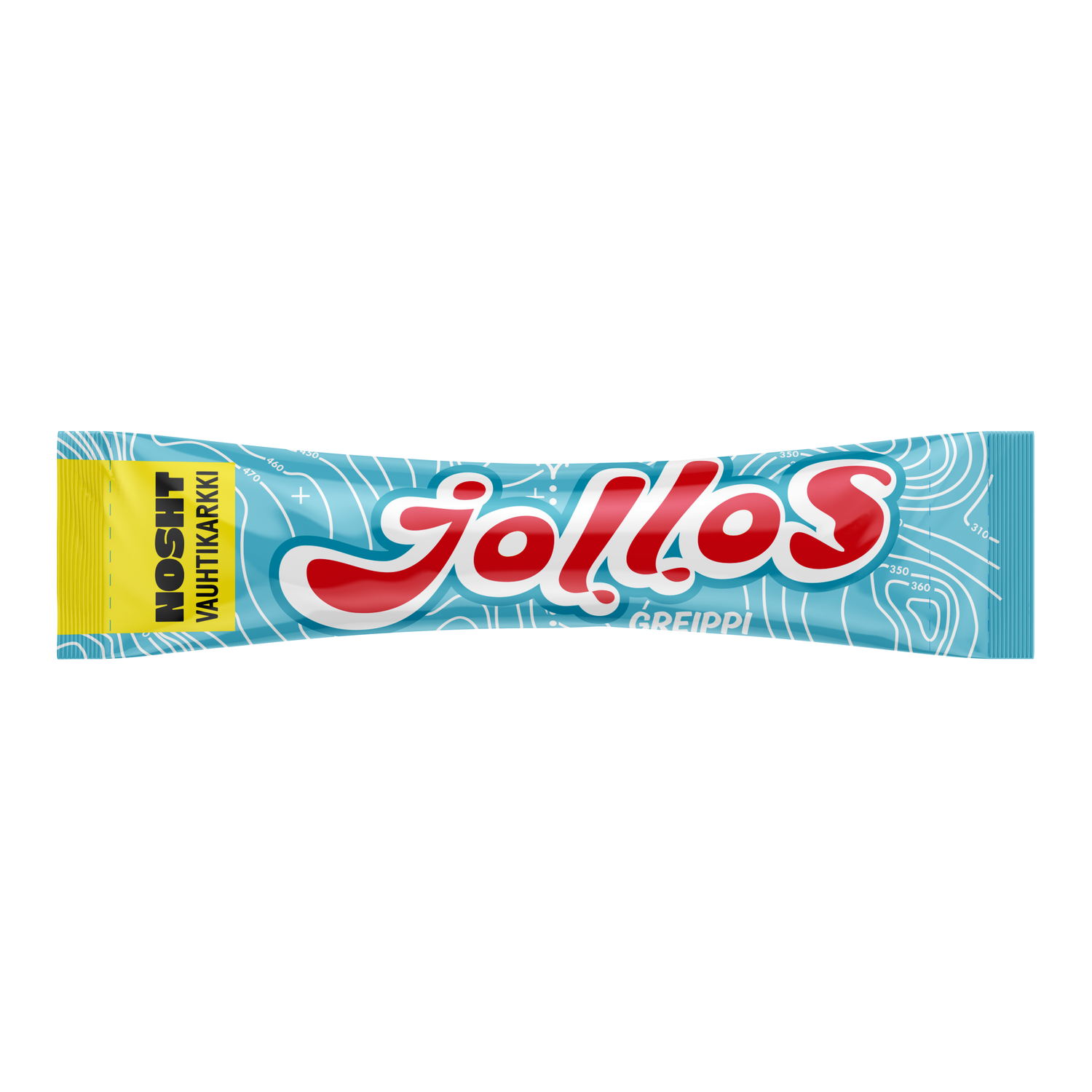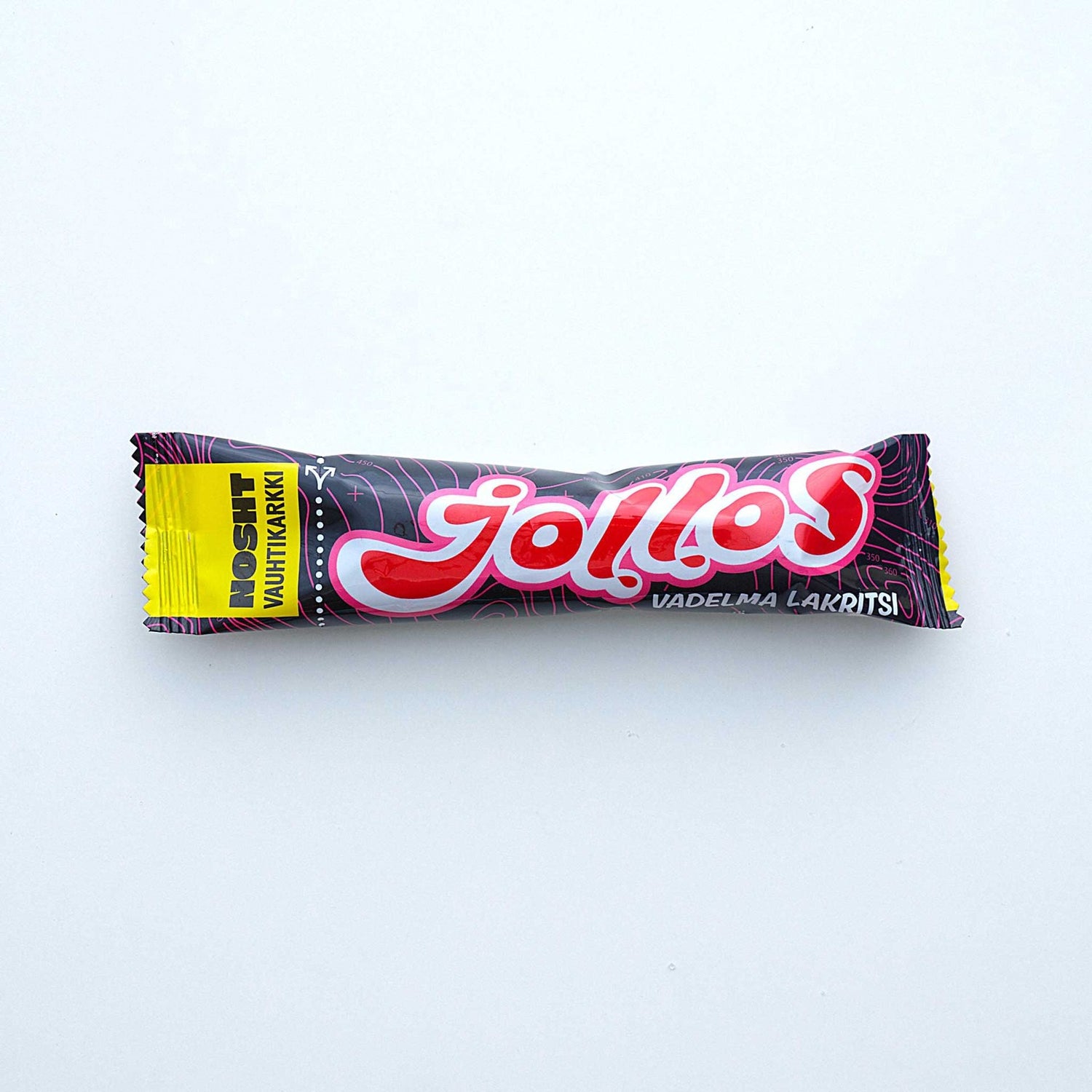When you don’t get enough energy, training is hard and you won’t make progress. Relative energy deficiency can also lead to different kinds of serious health problems.
Do you get enough energy from your food to support your training? Without sufficient energy, training is hard and unproductive. Relative energy deficiency can lead to different kinds of serious health issues.
Some people limit their energy intake intentionally, but you can also take in less energy than you should without realising it. Spotting energy deficiency can be difficult, as your weight may not go down because your body compensates for the long-term energy deficiency by reducing its energy expenditure.
In this blog post, we dive into how much energy you should get to support your training, how to calculate your energy balance and what kind of problems relative energy deficiency in sports (RED-S) can cause.
How to calculate your energy need and energy availability?
The body uses energy for basic vital functions, digestion and moving. Traditionally, the difference between energy intake and expenditure is calculated by reducing the number of calories you burn from the number of calories you take in.
With this formula, the margin of error can be significant. Your body can compensate for insufficient energy intake by lowering its energy expenditure a little. In this situation, your energy intake and expenditure can be in balance even though you “eat less than you consume”.
During the last decade, research has shown that the best way to estimate the energy balance for active people is relative energy availability. To calculate it, you take the energy intake, reduce the amount of energy you consume during exercise and divide the remaining calories with your lean body mass.
Calculating energy availability this way is a little bit more complicated but you get a better picture of how likely it is that you get less energy than you need or how big a risk it is to get health problems due to energy deficiency.
This is how to calculate your energy availability:
Body fat percentage: 20%
-> Lean body mass 52kg
Energy intake (= energy from food): 2,500kcal
Energy consumption (1-hour run): 650kcal
-> Remaining energy 1,850kcal
Energy availability = 1,850kcal / 52kg = 36 kcal/kg
How much do athletes need energy?
How much energy you need to support your training and vital functions is always individual. However, researchers agree that if your energy availability is less than 30 kcal/kg, the health risks increase significantly.
The optimal energy availability is roughly 45 kcal/kg.
If you wish to add muscle mass or fill your body’s carbohydrate reserves, energy availability should be bigger than this. If your goal is to lose weight, it can be a little lower.
What are the symptoms and consequences of RED-S?
Relative energy deficiency in sport, RED-S, means that your energy intake is so low it harms your health and performance.
RED-S can lead to many kinds of serious health issues. Low energy availability can affect your hormone balance, harm your performance and cause psychological problems. Recovery from relative energy deficiency can take a long time, and some effects can be even permanent.
For women, relative energy deficiency can disrupt the menstrual cycle. Also for men, low energy intake can lower the level of sex hormones, but there isn’t much research on the topic yet. Low levels of sex hormones are one of the key reasons why RED-S causes serious bone embrittlement.
There are other hormonal changes, too: lower levels of thyroid hormone T3, growth factor IGF-1 and leptin, the hormone that controls your sense of being full, and higher levels of ghrelin that controls the appetite. These hormonal changes are in part the reason why relative energy deficiency makes weight loss difficult. Your metabolism slows down and your body burns fewer calories, which means that you’d have to eat even less to lose weight.
RED-S can also cause changes in the cardiovascular system and cause atherosclerosis (buildup of plaque in the artery walls) and arrhythmia. It can also cause different kinds of gastrointestinal problems. People who exercise a lot and don’t take in enough energy can also get sick more often, as relative energy deficiency lowers your immune defence.
RED-S can also cause psychological problems, such as burnout or depression. However, sometimes psychological problems, such as eating disorders, can be one of the causes of low energy availability.
Energy deficiency can also harm your athletic performance in many ways. The quality of training suffers, both physically and mentally, and you’re more prone to get injured. Doing an effective endurance workout is impossible with depleted carbohydrate storages. Attaining the optimal body composition for your sport of choice can also be difficult, as low energy intake makes losing weight difficult.
Don’t be afraid to eat according to your energy needs
For an active person or an athlete, the key to successful training is to eat enough high-quality food. Your body needs carbohydrates to make the most out of your performance, and protein and fat to build muscle, hormones and other molecules.
You may suffer from energy deficiency without realising it. For example, a one-hour endurance workout can easily burn between 500 and 1,000 calories, which amounts to a large meal. For the beginner athlete especially, the challenge is to remember to add more food to the diet.
If you feel worn out and don’t seem to recover from training, don’t be afraid to add more energy to your daily intake. These are usually the first symptoms of eating too little.
Sometimes energy deficiency can be caused by psychological problems. According to research, athletes have more eating disorders and disordered eating habits than people who exercise less. If you suspect you may suffer from disordered eating, it’s important to seek professional help.

Kaisa Sali is a nutritionist, coach and a former professional triathlete who ended her career last year by placing sixth at Ironman World Championships at Kona, Hawaii. In Nosht's blog, she shares her expertise in sports nutrition and how to make your gut your best ally in training and racing.
Source:
Mountjoy M, Sundgot-Borgen JK, Burke LM, et al. IOC consensus statement on relative energy deficiency in sport (RED-S): 2018 update. Br J Sports Med. 2018;52(11):687-697. doi:10.1136/bjsports-2018-099193
